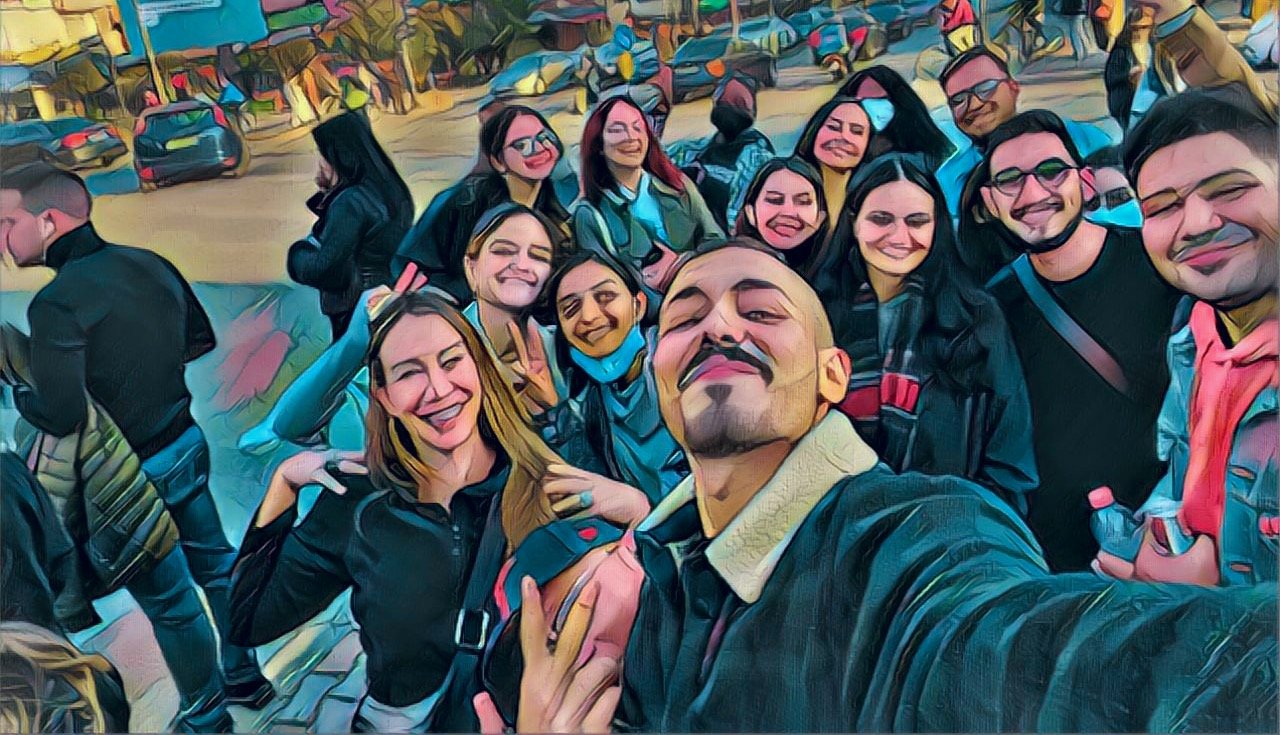Using story as a way to bring people together, build leadership from within communities, and inspire involvement in democratic processes.
Case Studies
After September 11, 2001, it became clear that relationships between the U.S. and international Muslim communities needed to improve. In October 2002, Congress took a step toward fostering human understanding and open, sustainable relationships across those cultures by establishing the Kennedy-Lugar Youth Exchange and Study (YES) program through the U.S. Department of State. Each year, the YES Program invites high school students from countries with significant Muslim populations to live in the United States with a host family for an academic year. Not only do participants gain firsthand experience of American culture, they also have the opportunity to help their host communities learn about their home countries.
Despite women’s increased participation over the past several decades in public leadership roles, they still hold a mere 21 percent of ministerial positions globally. Only three countries have 50 percent or more women in parliament, and only 22 countries are headed by women. Women in leadership positions face discriminatory norms, exclusionary policies, and a lack of access to finance that make it more challenging for them to achieve positions with higher levels of responsibility. Yet when women have seats at decision-making tables, they bring transformative changes to entire communities and the world at large.
The California State Library empowers the people of the nation's most diverse and populous state by supporting local library branches with funding and support designed to enrich the lives of current and future generations. The Library’s work is motivated by fairness, honesty, respect, and the value of each person and their contributions– it helps to ensure that libraries across the state can connect patrons to the information and resources they need.
What you see as you drive through Chaffee County, Colorado, is beauty—nearby snowcapped mountain peaks, clear blue skies more days than not, and aspen forests. What you don’t usually see is the struggle many people face to find housing, feed their children, and tackle all of the challenges raised during the long months of COVID-19.
The goal of the Banyan Tree Project (BTP) is to eliminate HIV stigma in Asian and Pacific Islander communities across the United States and its Pacific territories. The BTP's communications and community engagement campaign is led by the Asian and Pacific Islander Wellness Center in San Francisco (A&PIWC), and is funded by the Centers for Disease Control. At the heart of the project is a commitment to sharing stories about HIV that empower people with knowledge and inspire action.





